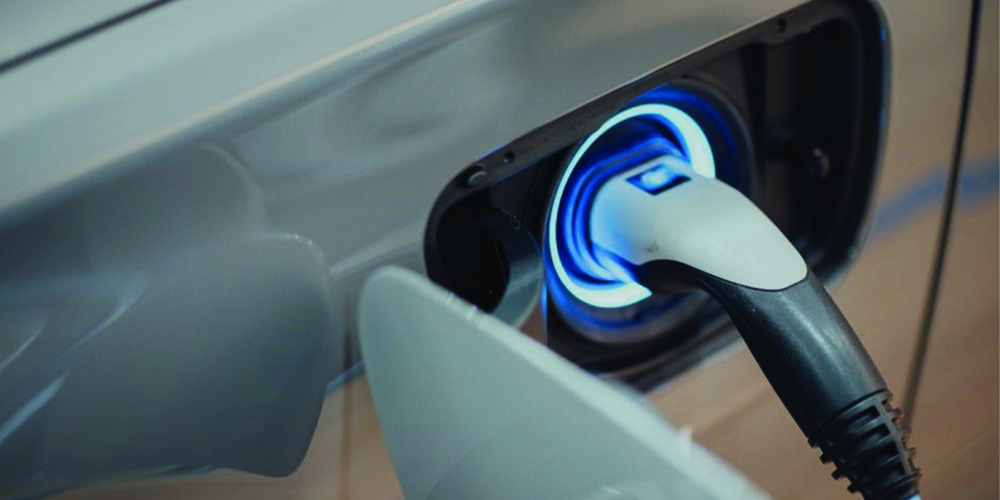You’re washing up after a long, hard day. Your shirttail hasn’t stayed tucked in since lunchtime, and everywhere you look there are oil stains and dirt on your clothes from working on that last engine. Then, the service manager shows up wanting to know why that last job isn’t finished, and asks if you can stick around a few more hours to get it done. You’re about to blow a gasket, but you keep your cool and call home to tell the family that you’ll be late again.
Between the car problems, that lousy air hose fitting that blew apart, and that last repair order you received that listed the customer’s complaint as “car don’t go,” you’ve had enough. You slam the screwdriver drawer shut as you say to yourself, “I’m going to quit. I’ll find another way to pay my bills. I can’t take this anymore.”
Even the guys and gals coming out of the technical schools wonder if this was the right choice. Most of them have the same worries: “Can I find a job? Will it pay enough?” Everyone wants to get out there and do what they were trained to do, and the road to advancing from a lube tech seems so long and narrow that the thought of changing careers creeps into the conversation.
At one time or another, we’ve all thought about trading in the toolbox for a cubical office job. There’s such an investment in training and tools that you might have wondered, “Is it all worth it? Is there anything else I could do? Is there greener grass somewhere else?”
If you listen to some of these motivational speakers, they’ll tell you, “Don’t follow your passion; follow the money. Your passion may be about the thing you love to do, but money makes the world go around. Life’s too short to train and become an expert; go where the money goes and do what pays the best!”
EARNINGS VS. EXPERIENCE
If you check the average income figures for technicians across the country, they are simply appalling. Who in their right mind would invest thousands of dollars into personal equipment to perform repairs that require specialized skills, only to then be put at the bottom of society’s list of important contributors?
From what I could find out, the national average is based on salaries for tech positions in every facet of the automotive world, from those working in quick lube shops, tire shops, muffler shops, brake specialty shops to various dealerships and independent shops. So, I find these results to be rather misleading.
If the same analysis were conducted regarding the average salary of a “chef,” there would be the same huge differences in compensation between the person who preps food in the kitchen and the person whose name is on the door. So, why are there so many variations in income levels?
YOU’RE ‘HOOKED’
That begs the question, “Is there any money to be made in this trade, or am I just fooling myself? Should I start thinking about a different line of work?” Anybody who’s been around awhile will tell you the real money in this business is for those who have the stamina, resilience and the temperament to deal with the ups and downs, and who have a passion for all things mechanical. If you’re the type of person who finds mechanical things fascinating, or an automotive-related TV show entertaining, or if an old restored ride rumbling down the road makes you strain your neck for a better view … well, then, you’re hooked.
I’ve known a lot of guys who left the trade for one reason or another, and then eventually came back to it. Now why is that? I thought the pay was terrible, the working conditions were too rough and the training was too much?
It’s probably for the same reason you’re reading this. It’s in your blood, and you can’t change who you really are.
So, if the main reason you’ve thought of changing professions is based on an average salary, think again. Your passion may win out in the long run. Now all you need is that on-going training and expertise.
This trade is like any other, with one exception. Everything you know today isn’t going to be enough to help you repair the cars of the next generation. You have to constantly learn something new. Training is what’s going to make the difference; it’s a never-ending pursuit of knowledge on new technology, procedures and tools.
Just remember the passion that got you started. It’s still there. Learn as much as you can about your trade, learn it well and be the best that you can be. That greener grass may be a lot closer than you think.














